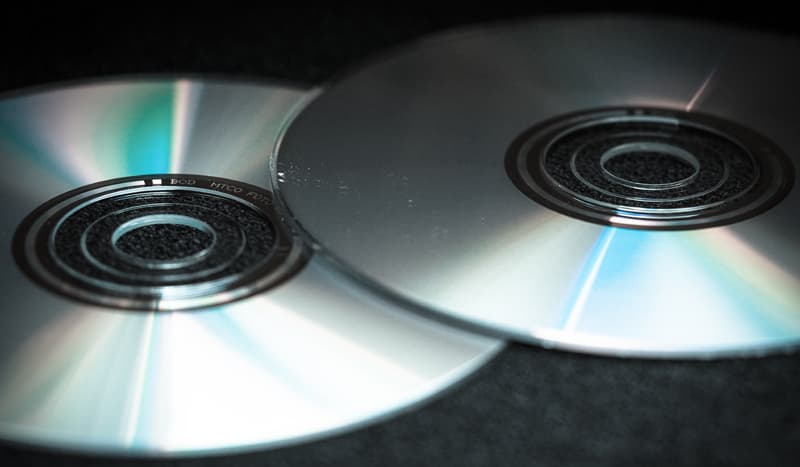What Happens To PPL Licence Fees?

Ok so this is the easy bit. Once you know you have to pay for a licence, then you may wonder how your payment gets divided up and sent to the relevant singers and songwriters? Our quick guide below shows you roughly what happens.
The PPL licencing fee is the money paid out by a business to a copyright owner for using their tracks in any radio, film, television production or broadcasting of music in a public place.
Who Buys The Licence?
The licence is purchased by by businesses who wish to play copyrighted music via a broadcast (e.g.. radio) or in a public place (e.g.. restaurants). The money collected from PPL licence fees is then shared out between the production house and artists.
A person or company who procures a PPL licence is licensed to play music produced by a certain person or production house in accordance with the terms that bind their contract. Once a PPL licence has been purchased one generally requires no further permission from the producer or the artist to play their music, providing it is in accordance with their licence contract.
Who Makes The Money?
Song producers make money through rights sales and royalties arising from performance by the artist. The law requires that an artist and the production house must benefit from their music by ensuring that they are paid anytime their music is played in public.
The money paid out in the procurement of the PPL licence is then distributed out to all artists who are registered members of the organisation. This is in accordance to the number of times their music has been played by media houses (e.g.. radio stations) or in regard to the amount of money collected from businesses (e.g.. restaurants). All broadcasters and business premises are required to submit information on the kind of music they play and the number of times they play each audio track to the PPL to determine the amount of money to be paid.
How Does PPL Transfer The Money?
Once the broadcasting houses have submitted their payments to PPL, the money is then paid out to the production houses. They in turn share the money with the performing artist in accordance with their own agreements. Artists who are not tied to recording contracts with production houses are paid directly by the PPL.
The cost of a PPL licence largely depends on your venue and number of potential listeners. For example, a radio station with one million listeners will pay a higher fee than a small hotel.
Performance royalties and revenue generated from the sale of PPL licences are used by production houses to make more music and fund the marketing of an artist. The producers, songwriters, music distributors and artistes are paid the roles they played and a large proportion of this money is collected from money paid by the PPL licence company.
When Do Royalties Get Paid?
Payments to production houses and artists are made at the end of each year or on a quarterly basis. This is when all the licence subscribers have been audited and processed payments due to PPL are taken. By enforcing good and stringent measures producers, artists and other share holders are able to profit from their music.
You Might Like
Do I Need A PPL Licence?
Have you heard of PPL or PRS Music Licences? Do you know if you need to have one? Read our quick guide now.An Introduction To The PPL Licence
Want to play music in your shop? Read our introduction to the PPL licence to get the facts about playing music in public.The Problem With Downloading Music
Streaming or downloading your music? Did you know there are problems and issues over rights with some downloaded music. Why not check our quick guide to find out more.A Guide To Music Downloads
If you want to download music from a range of sites including Napster - legitimate ones make you pay monthly. However, we figured a simple guide on this would be very welcomeDownload Music to an MP3 Player
If you looking to download music to an MP3 player this simple guide will help you out
Useful Websites
- CNET TV
Come to CNETTV.co.uk for free online film & TV, music, gaming & technology videos. Watch exclusive free footage of upcoming game releases. - Online Training Courses
Course Feeder provides a range of online courses including IT, Fitness, Beauty, Accounting, Catering and Music. In fact a wide range of free and distance learning courses to take you to the next level - Amelia Young
A professional piano and cello teacher. Amelia is a former student of Jacqueline du Pré and has degrees in music from Oxford University and the Royal College of Music, London. - The Internet Music Shop
One of the largest publishers of sheet music, music books, new media and music software - Eminent Music - Music for All
Details of the best of British amateur music making and gives a preview of the music produced - Black Cat Music
In association with Wenger, Wenger Vision, music facility equipment, music stands, music education, schools, music events, acoustic environments, shelves, choral risers and more - Add Your Website Here